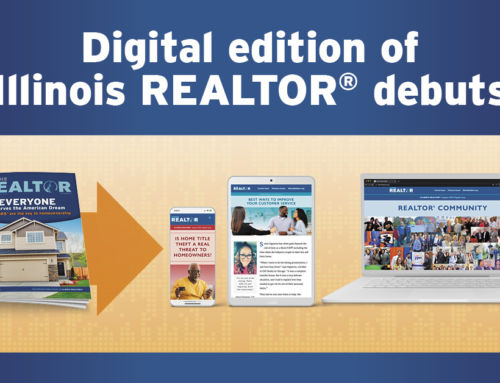A global pandemic, record unemployment and political unrest may be fueling feelings of anxiety about the economy and your finances. Now could be a good time to reevaluate what you are currently doing and make changes to put yourself on a stronger financial footing.
“When we’re in uncertain times, you’re going to think about your income and commission differently, and you’re going to think about it more wisely,” says Leigh Brown, a real estate industry trainer and REALTOR® from North Carolina.
Her advice for riding out current and future financial storms? Adopt a 40-30-20-10 saving and spending plan.
The plan can help you weather the highs and lows, Brown says. Here’s how it works:
- 40 percent – business expenses: This money is for the costs associated with running your business including customer relationship management (CRM) tools, signs, lead generation systems, sponsorships, etc.
- 30 percent – personal spending: This bucket covers your home mortgage, car payment, food and other living expenses.
- 20 percent – taxes: Don’t forget to set aside money for taxes or you’ll be hit with an unwelcome and hefty bill come tax time.
- 10 percent – giving: This is where you allocate money for charity, tithes, etc.
Brown shared the financial strategy in her 2020 REALTOR® Legislative Meetings session, “Getting your financial house in order: evaluating your finances in a crisis.”
The majority of REALTORS® are independent contractors relying on the ebb and flow of commissions and that can bring uncertainty when markets change. But Brown reminds that real estate is cyclical and all disruptive markets end at some point.

Three more tips from Chris Bird
Here are a few more financial recommendations REALTORS® should consider during these uncertain times.
- If you have received a Paycheck Protection Program (PPP) loan by the time this article is published, we will know the exact Small Business Administration (SBA)/Congress guidelines to ensure the forgiveness of much, if not all, of the original PPP loan. SBA guidelines indicate borrowers need to submit very detailed records to lenders to obtain forgiveness of any or all PPP loans. Use SBA form 3508.
- From a tax/investment planning standpoint, every self-employed person (sole proprietor, S Corporations, etc.) should take a good look at commission income received so far in 2020 AND reasonably estimate anticipated commission income and expenses for the balance of the year. Schedule a summer meeting with your tax professional to assist with an accurate forecast.If your forecasted commission income and expenses are similar to 2019, then you only need to make sure your estimated tax payments meet your tax liabilities.
However, if your commissions and expenses will result in a much lower net profit for 2020, consider converting part of an IRA, SEP IRA or 401k to a Roth IRA. This recommendation is popular with financial planners based on the knowledge that our tax rates are fairly low now, and the assumption that tax rates in the future will be considerably higher. Personally, I agree with this theory. - Take a fresh look at your spending habits. What credit card balances are you carrying and at what interest rates? Do you have real estate loans that need to be refinanced? Are there areas where you would like to cut back on spending? Critically analyze your spending habits. Some habits you picked up during the shutdown, such as cooking more at home, might save you money long term.
 Another tool to use:
Another tool to use:
Center for REALTOR® Financial Wellness
Take advantage of this REALTOR® member resource to assess your financial goals and get advice on budgeting, retirement planning, investing and more. Get started at: FinancialWellness.realtor


















